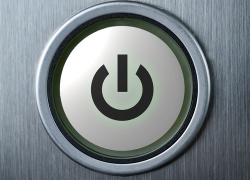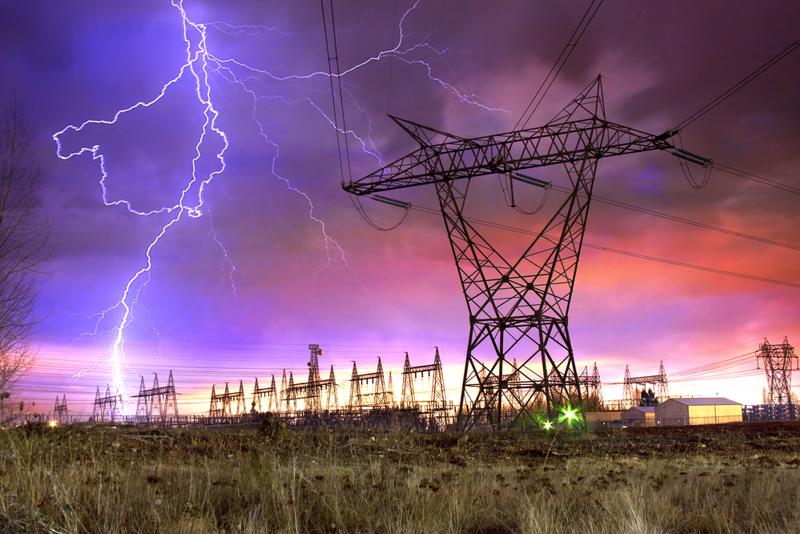How the UPS acts as a lifeline for health care organizations
How the UPS acts as a lifeline for health care organizations

Medical facilities and other health care-related organizations require access to electronic health records and other patient data at all times. This is especially true for hospitals, emergency clinics and rehabilitation centers.
Imagine if a remote monitoring application recording metrics of a recovering patient at home suddenly went offline. What if a hospital lost access to its database of patient information? Surely it would find a way to continue functioning, perhaps by doing a lot of digging through files, but it would be inconvenient. Not to mention, vital data sharing and communication applications used among staff would be rendered useless.
According to Data Center Knowledge contributor Mike Klein, "Protecting the confidentiality, integrity, and availability of electronic protected health information (ePHI) is the essence of the HIPAA [the Health Insurance Portability and Accountability Act] Security Rule." In other words, a failure at any level of a health care organization that bars access to or degrades the security of electronic records is more than just a setback: it could result in fines. Furthermore, third-party vendors can also be held accountable for these disruptions.
"While there is some debate about the responsibilities of business associates for the protection of ePHI, all indications point towards business associates being held as responsible as covered entities," Klein wrote.
What does this mean for data centers?
Most, if not all, electronic health records live in on-premises or remote data centers. If something goes wrong in one of these facilities that in some way prohibits access to medical data, the health care organization, or the third-party IT vendor holding the data for them, are still responsible. Data center management is therefore under a great deal of pressure to make sure their facilities are operating seamlessly.
While there are a bevy of tools such as data center infrastructure management (DCIM) and monitoring solutions to keep the facility running like a well-oiled machine, there are some circumstances that are impossible to preempt.

Power outages: The bane of the data center
One such scenario is the classic power outage. Even if the cause of the electricity failure isn't hiccups within the data center, it can still result in serious problems for health care organizations. Acts of nature such as storms and heat waves, as well as random events such as car accidents that involve telephone poles or nearby fires, can cripple a data center.
This is especially true as we move into the summer months. NASA predicted that summer 2016 will be one for the records books. As anyone who's lived through their fair share of scorchers knows, when the temperatures rise, electricity consumption tends to go up. On top of that, humidity has been known to cause electrical shorts. All of this strain on the grid adds up to a greater chance of a power disruption in the data center. When the data center fails, the health care organizations that rely on it suffer.
The UPS: A last line of defense
"Nothing in the data center is left up to chance."
Nothing in the data center is left up to chance. This is why every facility, regardless of its size, must have an uninterruptible power supply (UPS) to help defend against downtime caused by external power outages. More importantly, they must have the power management infrastructure in place to make sure that the UPS is always ready to go at a moment's notice. Often, it's not actually the power outage itself that deals the final blow to a facility, but rather it's some sort of failure of the secondary power source.
The asset management functionality of DCIM, combined with power monitoring, is a good place to start. The former lets staff assess the health of all equipment within the data center, while the latter keeps a close eye on power usage throughout the facility. The critical elements for ensuring the UPS will perform when it matters most are transfer switches.
Geist's transfer switches ensure that within milliseconds of the primary power source failure, the UPS takes over. This ensures uninterrupted service for the organizations that rely on data center uptime. For health care organizations, this is a lifeline. No concerns about HIPAA violations, no inconvenienced staff and no loss of access to critical applications and systems.
Contact Geist today to learn more about the importance of reliable power management infrastructure.



